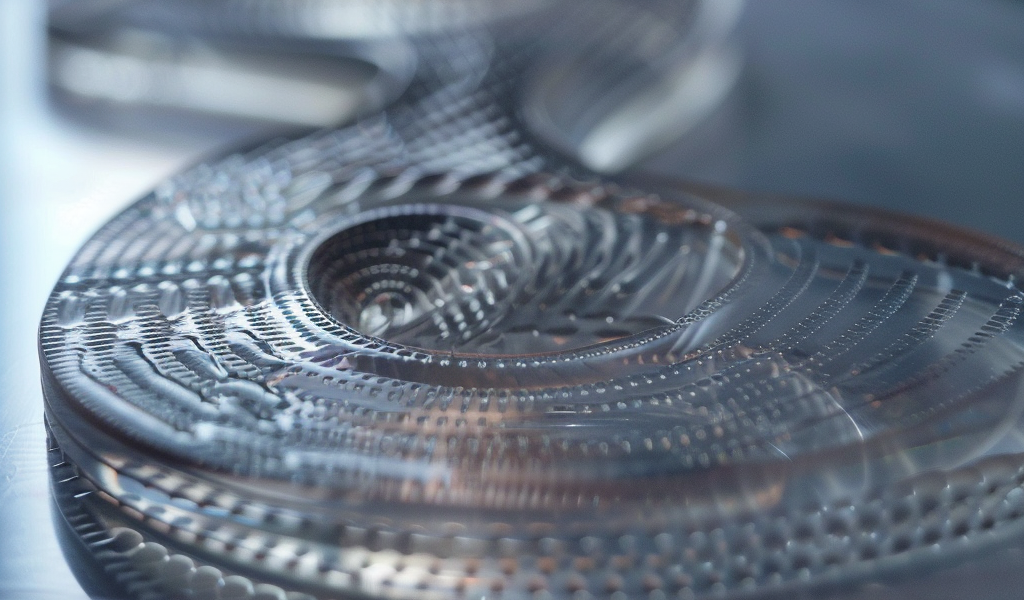Researchers from North Carolina State University have recently made a significant breakthrough in the field of robotics with the development of 3D-printed mini-actuators that can control the movement and shape of small soft robots that are less than a millimeter thick. This innovation opens up new possibilities for the precise manipulation of soft robots, offering a level of control and delicacy that was previously challenging to achieve.
The team, led by Jie Yin, an associate professor of mechanical and aerospace engineering at NC State, utilized a combination of multi-material 3D printing technologies and shape memory polymers to create miniature soft hydraulic actuators. These actuators enable users to deform and control the motion of tiny soft robots with exceptional precision.
The soft robots developed by the researchers consist of two layers: a flexible polymer layer with microfluidic channels and a shape memory polymer layer. By pumping fluid into the microfluidic channels, hydraulic pressure is generated, causing the soft robot to move and change shape. The pattern of microfluidic channels determines the type of motion the robot exhibits, whether bending, twisting, or other movements.
One of the key features of this new technique is the ability to ‘freeze’ the shape of the soft robot by applying moderate heat and then allowing it to cool briefly. This process locks the robot into its current shape, even after the fluid is removed from the microfluidic channels. To return the robot to its original configuration, users simply reapply heat after removing the fluid, allowing the robot to relax back to its initial shape.
This advancement in soft robotics has the potential to revolutionize various applications that require precise and delicate manipulation at a small scale. The ability to control the movement and shape of miniature soft robots opens up opportunities in fields such as healthcare, microsurgery, and advanced manufacturing.
By leveraging the capabilities of 3D printing technologies and shape memory materials, the researchers have demonstrated a novel approach to designing and controlling soft robots on a microscale. The fine-tuning of factors such as fluid pressure and heat application allows for customizable and reversible shape changes in these tiny robots.
The development of 3D-printed mini-actuators represents a significant step forward in the field of soft robotics, offering a promising solution to the challenges of designing actuators for small-scale soft robots. With further advancements in this technology, the potential applications of miniature soft robots are vast and diverse, paving the way for new innovations in robotics and automation.





